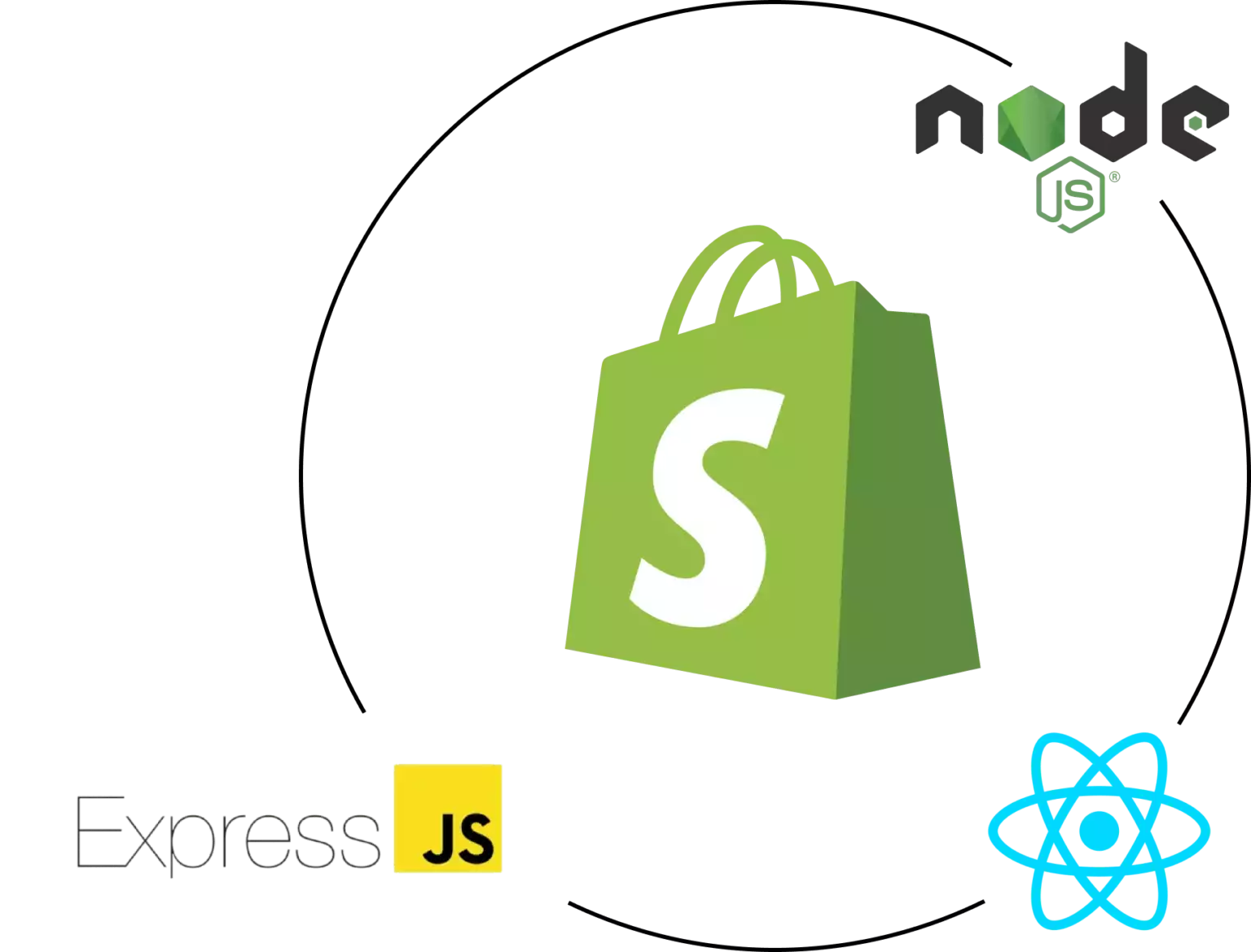Introduction
In today’s cutthroat e-commerce landscape, differentiating is essential, and one of the best ways to set apart a Shopify store is through tailored app development. A robust Shopify app can enhance store capabilities, streamline operations, and boost customer engagement. This guide delves into key elements of Shopify app development, covering API integration and app ecosystem to growth techniques and digital marketing approaches, offering a roadmap for businesses seeking superior store performance.
Why Shopify API Integration Matters
Shopify’s API provides powerful tools to personalize and extend store functionalities. With GraphQL and REST APIs, developers can retrieve information to create apps that manage inventory management, order processing, and customer information management seamlessly. Using Shopify’s API can lead to better workflow automation and enables stores to assist shoppers more efficiently.
Adopting the Polaris Design System
Polaris is Shopify's design system for designing user-friendly and easy-to-use Shopify apps. By following Polaris guidelines, developers ensure that apps seamlessly integrate within the Shopify Admin experience. This ensures a cohesive appearance that resonates with Shopify merchants, promoting usability and familiarity for merchants using your custom app.
Understanding the Shopify App Ecosystem
The Shopify app ecosystem provides numerous opportunities for improving online stores. From managing fulfillment processes to increasing customer engagement, apps in this environment are designed to meet diverse business requirements. Learning about this system helps developers in identifying unique app ideas and enables smooth connections of external tools that enhance the store.
Developing Embedded Shopify Apps
Embedded apps integrate directly within the Shopify Admin, providing a smooth interface for merchants. They allow merchants don’t have to navigate away from their Shopify control panel, streamlining their workflow. Employing Shopify App Bridge and embedded app features is a best practice for providing a unified, well-integrated user environment.
Leveraging Node.js and React for Shopify Development
The technologies Node.js and React have become top options for Shopify app creation. This server-side framework enables high-performance server-side applications, while React allows for dynamic, responsive front-end user interfaces. Together, they provide an excellent framework for creating speedy, scalable Shopify apps that enhance store performance and customer engagement.
Utilizing Webhooks in Shopify Development
Webhooks enable instant data synchronization between Shopify and an external app. They initiate events such as new orders or inventory updates and provide immediate alerts to your app. By utilizing webhooks, apps can deliver real-time information to store owners, streamlining workflows and boosting productivity.
Engaging Customers Through Digital Marketing for Shopify Apps
To ensure Shopify app success, connecting with users is crucial. Using online marketing techniques like SEO, email marketing, and social media campaigns can drive app adoption. Additionally, designing apps with customer engagement in mind (e.g., loyalty programs or personalized recommendations) boosts user loyalty and satisfaction.
Making Your Shopify App Scalable
As e-commerce stores expand, so do their technology requirements. Making sure that your app can manage higher usage, larger data sets, and more advanced functionalities is essential. By optimizing server resources and using scalable technologies, you can develop apps that expand in parallel Oyecommerz Shopify expertise to a store’s growth.
Essential Features and Maintenance for Shopify Apps
For an app to be useful, it should offer key capabilities like user login, dashboard analytics, and support channels. Regular app upkeep, with updates to fix bugs and ensuring compatibility with new Shopify functionalities, is important to ensure continuous operation and avoid interruptions to business processes.
Summary
Custom Shopify app development holds vast potential for e-commerce stores, providing the chance to improve performance, streamline processes, and foster customer loyalty. With API integrations and Node.js to focusing on scalability and customer engagement, creating a Shopify app requires thoughtful preparation and strategic execution. If you’re ready to unlock your store’s full potential, a custom Shopify app could be the ideal solution. What capabilities do you see for your dream application? Share your ideas and begin the journey to an optimized Shopify API tools e-commerce journey!
